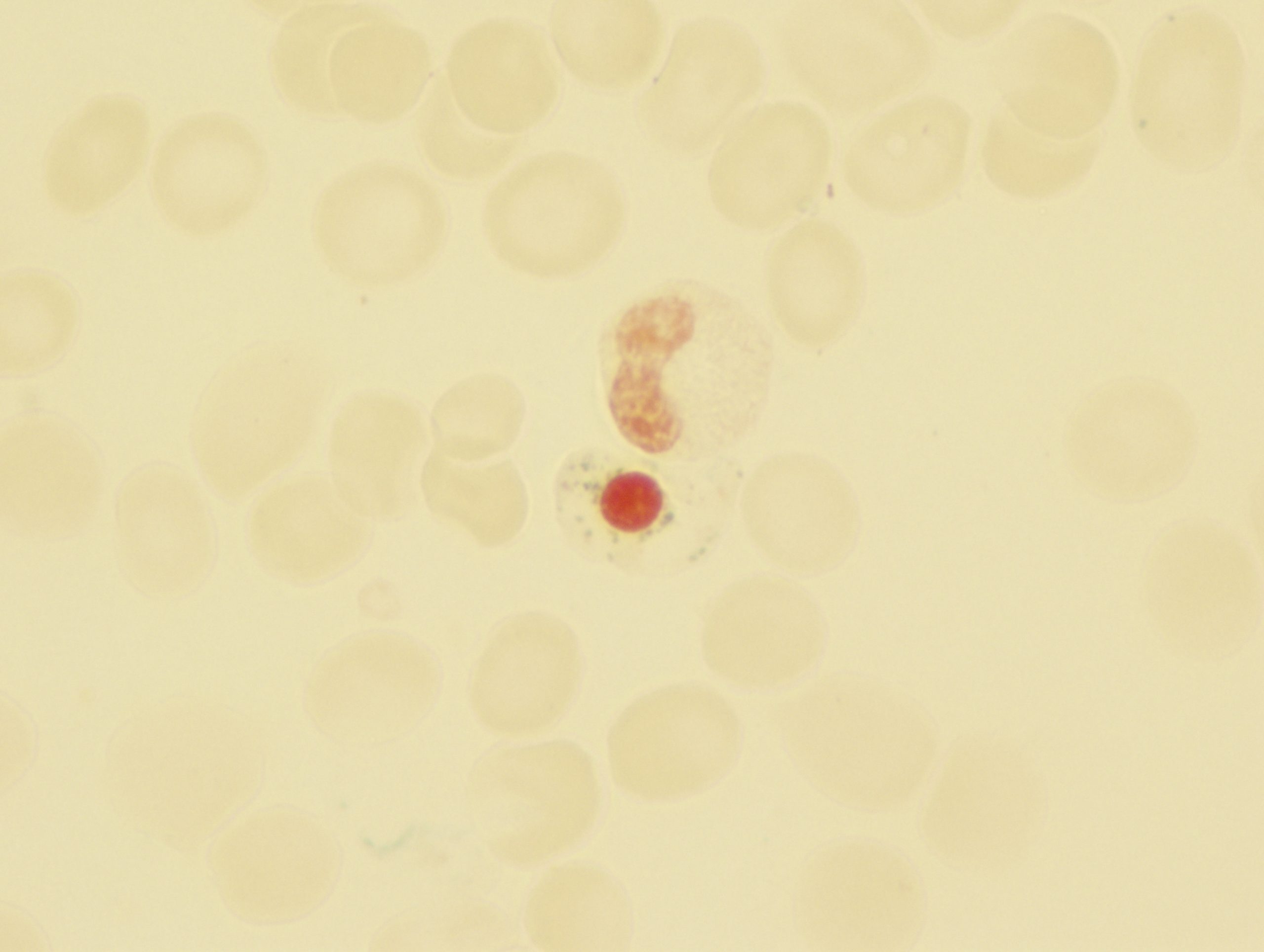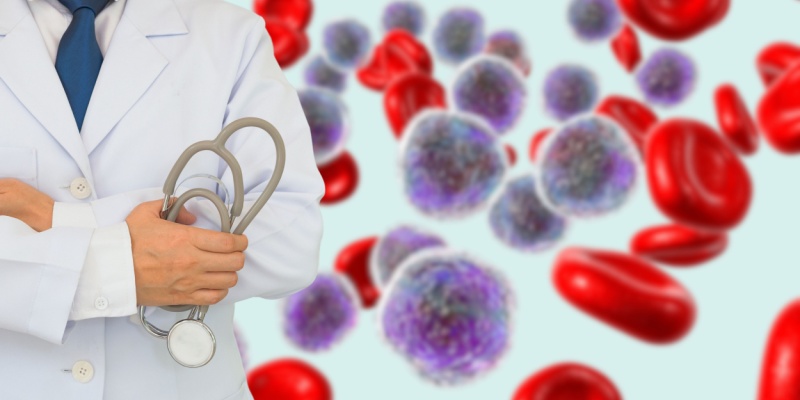
A comparison of outcomes for HLA-matched sibling donors (MSD) and haplo-identical donors (HD) for patients with myelodysplastic syndromes (MDS) found that MSD remains the preferred choice for those requiring transplant. However, outcomes for HD are also favorable and should be considered when an MSD is not available.
Kavita Raj, MD, PhD, of the University College London National Health Service Foundation Trust, and colleagues published their findings in Blood Cancer Journal.
The study compared the outcomes of 1,414 MSD versus 415 HD transplants with post-transplant cyclophosphamide as prophylaxis between 2014 and 2017.
The two-year overall survival was significantly better with MSD (58%) compared with HD (50%; P≤.001). The two-year progression free survival was also better with MSD (51%) versus HD (47%; P=.029).
Relapse at two years was lower with a HD (23%) than MSD (29%; P=.016). However, non-relapse mortality (NRM) was higher with HD in the first six months post-transplant (hazard ratio, 2.59; 95% CI, 1.5-4.48; P< .001) as well as at two years (30% for HD vs 20% for MSD; P≤.001).
“Our data from a recent cohort of patients with MDS who underwent HD transplants with post-transplant cyclophosphamide show that results for HD are inferior to MSD transplants due to the increased NRM, especially in the first six months,” the investigators wrote. “This data set suggests that an MSD donor remains the preferred choice in MDS over a haplo-donor.”
However, the investigators noted that transplants with HD also result in satisfactory long-term outcomes, justifying their use when no better donor is available.
Reference
Raj K, Eikema DJ, Sheth V, et al. Comparison of outcomes for HLA-matched sibling and haplo-identical donors in myelodysplastic syndromes: report from the chronic malignancies working party of EBMT. Blood Cancer J. 2022;12(9):140. doi:10.1038/s41408-022-00729-y






 © 2025 Mashup Media, LLC, a Formedics Property. All Rights Reserved.
© 2025 Mashup Media, LLC, a Formedics Property. All Rights Reserved.